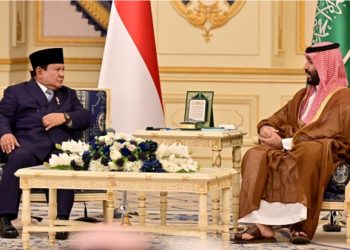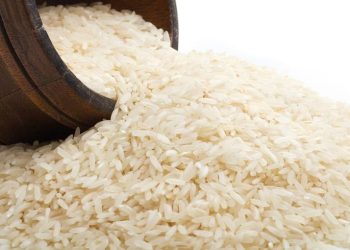Jakarta, Indonesia Sentinel — Indonesia’s manufacturing sector has fallen into contraction, with the country’s Purchasing Managers’ Index (PMI) dropping to 48.9. This follows similar trends in major global economies like the United States, which is also at 48, and Europe, with an even lower index of 45.8. In contrast, countries like the UK, China, South Korea, India, and others have shown growth in their manufacturing sectors.
Finance Minister Sri Mulyani Indrawati expressed concern about this decline, noting that the sluggish manufacturing activity could significantly impact the domestic economy, especially through weakened commodity prices, which in turn hurt tax revenues.
“Our PMI is contracting, and this is something we need to be cautious about,” said Sri Mulyani.
She also highlighted that tax revenues linked to commodities have already slumped, making it unlikely that the government will meet its 2024 tax revenue target. The Ministry of Finance projects that by the end of the year, tax revenues will only reach Rp 1,921.9 trillion, or 96.6% of the Rp 1,988.9 trillion target set in the 2024 state budget.
Eisha Maghfiruha Rachbini, Director of the Institute for Development of Economics and Finance (INDEF), stated that Indonesia’s manufacturing sector has been declining for the past decade. This downturn contrasts sharply with the country’s industrial boom during President Soeharto’s era, when manufacturing growth drove the economy, achieving 8-9% annual growth from 1989 to 1996.
Under President Joko Widodo’s (Jokowi) administration, however, the sector has weakened. Its contribution to the national GDP has dropped from 25% to around 18% in 2023, marking what some experts call premature deindustrialization.
Eisha emphasized that Indonesia’s reliance on low-tech industries, limited workforce productivity, and dependence on imported materials have hampered its competitiveness. As the country transitions to a new administration, led by Prabowo Subianto, there is hope for a resurgence in the sector.
Claimed Successes in Nickel Processing, Indonesia Expands Downstreaming for Others Mineral
“Indonesia has the potential to revive its manufacturing sector by focusing on innovation, high-tech industries, and improving export complexity. This will increase productivity, boost exports, and ultimately drive economic growth,” Eisha concluded.
(Ray)

























